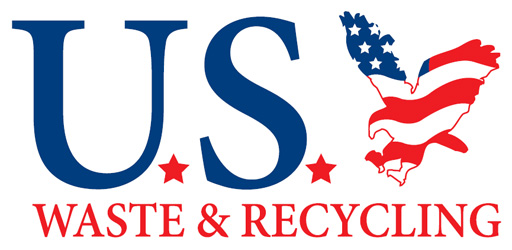A Look at Industrial Solid Waste
Are you looking for ways to reduce your business’s waste near Atlanta? If so, then you might benefit from knowing more about different types of industrial waste. Read on for information about industrial solid waste and what you can do to reduce it.
Defining Industrial Solid Waste
Industrial solid waste is that which is generated by businesses during manufacturing or industrial processes. Also, it can be produced as a separate waste source from a non-manufacturing activity. Any business, service, or commercial establishment that makes use of industrial or manufacturing processes probably produces industrial solid waste. By law, industrial solid waste is defined as a non-household and non-hazardous waste that requires evaluation to determine the proper waste disposal method.
Identifying Industrial Solid Waste
While the possibilities for industrial solid waste are nearly endless, there are some types that are commonly generated. Some of the most common examples of industrial solid waste include non-recyclable glass, oil-contaminated wastes, paint residue, tires, and electrical components. Additional examples would be food waste, animal remains and carcasses, empty chemical containers, infectious wastes, and confidential documents.
Evaluating Industrial Solid Waste
When it comes to waste management, the generator of the industrial solid waste is held responsible for evaluating the waste and proving that it is non-hazardous through methods like laboratory testing or documenting the waste’s characteristics. Warehouses, food processing facilities, automotive manufacturers, and distribution centers are some examples of sites that might produce industrial solid waste.
Reducing Industrial Solid Waste
As many business owners are glad to learn, there are several ways in which companies can decrease the amount of industrial solid waste that they reduce. First, upgrade to technology and production techniques that lessen the amount of waste created. Next, maintain your equipment and ensure that your team is properly trained. Finally, initiate an industrial waste recycling program. By reducing the amount of industrial solid waste produced by your business, you can save on waste management costs and reduce your company’s environmental impact.
